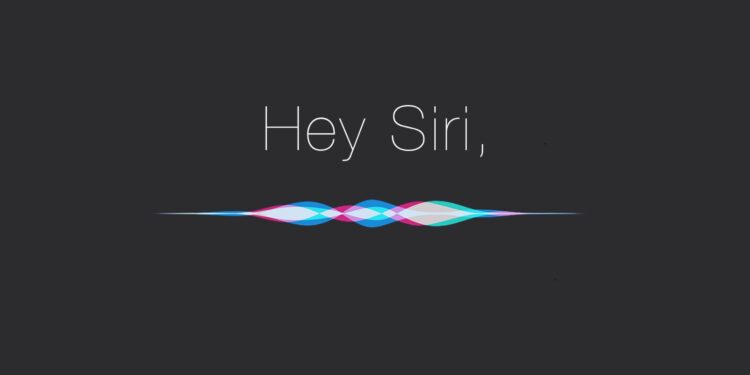In an increasingly virtual world, the question,“Hey Siri, am I okay?” could soon become crucial for people dealing with mental health. With growing mental health concerns across the world, especially among digital natives, AI researchers and tech companies are looking at how artificial intelligence can identify early signs of suicidal ideation from real-time data, ushering in a new frontier in suicide prevention.
Current tools for assessing suicide risk are frequently based on direct inquiry, which may be influenced by subjective factors. But AI and machine learning can be used to enhance how risk is discovered by using broad sets of data to track patterns and risk factors.
From conversational A.I. to social media platforms, machines are being taught to sense small emotional signals that may help prevent some of these crises.
Social media is often vilified for the effects it may have on mental health, but it also provides a treasure trove of data that can be analyzed using AI in real life. Algorithms can scour user content, comments and behaviour to pick up on linguistic cues, like hopelessness or other emotional flags for psychological suffering.
Companies like Meta already use AI to recognize cues that a user is in distress, and they can provide support or point them to crisis hotlines. AI’s natural language processing has been proven to be able to identify at-risk populations sooner than traditional approaches, which can facilitate earlier intervention.
AI is moving beyond social media and into more general environments of health care. Models such as the Vanderbilt Suicide Attempt and Ideation Likelihood (VSAIL) model examine electronic health records to predict a patient’s 30-day suicide risk, and the systems trigger doctors to perform risk assessments. Clinical alerts generated by AI are making progress in the improvement of prevention in ordinary clinical care.
But the use of AI in such a delicate region raises important ethical concerns. Data protection, informed consent, and the risk of algorithmic bias would also be issues. Making AI models transparent and interpretable is important for user and clinician trust.
False positives, although potentially triggering prompt support, may also inadvertently result in unnecessary action or even stigmatization of individuals. On the other hand, false negatives present a serious danger of overlooking important warnings.
Yet AI were never meant to supplant human compassion, or professional mental health care. Rather, it is a very effective supplement, which accelerates the recognition of warning signs with a high degree of precision.
AI is becoming an ally in the battle to prevent suicide by allowing for early intervention and providing scalable responses, and in the process offering a more aggressive and effective approach to mental health support.










![Online Scam Cases Continue to Rise Despite Crackdowns on Foreign Fraud Networks [Myanmar] Online Scam Cases Continue to Rise Despite Crackdowns on Foreign Fraud Networks [Myanmar]](https://sumtrix.com/wp-content/uploads/2025/06/30-12-120x86.jpg)




